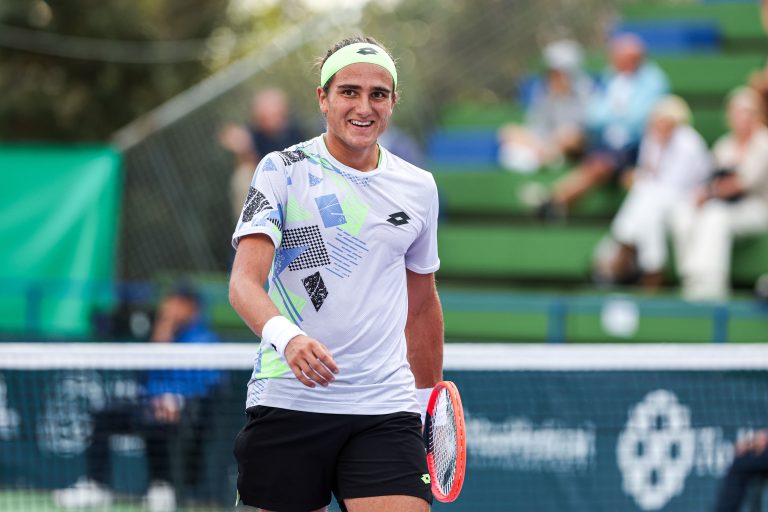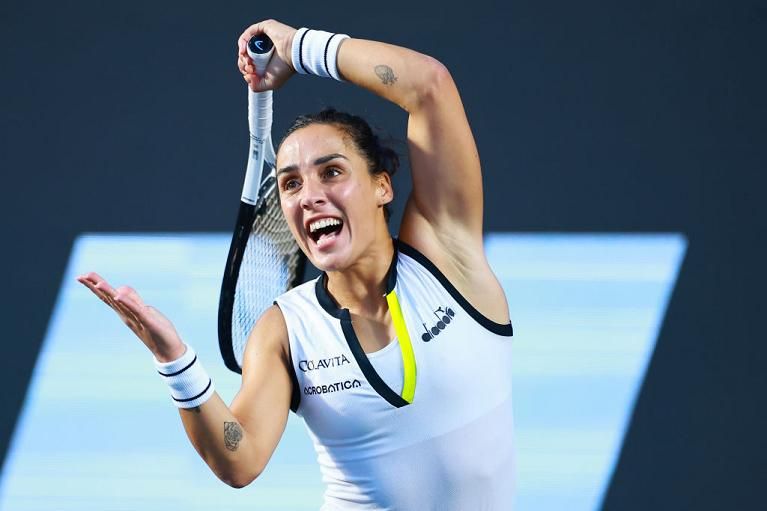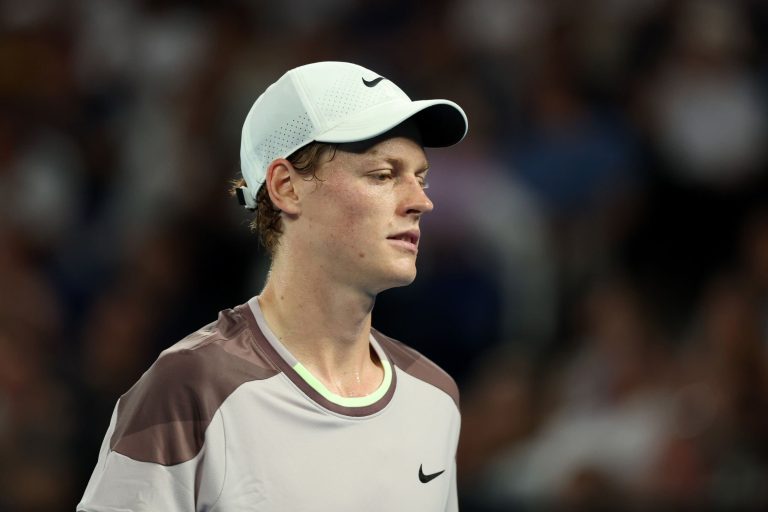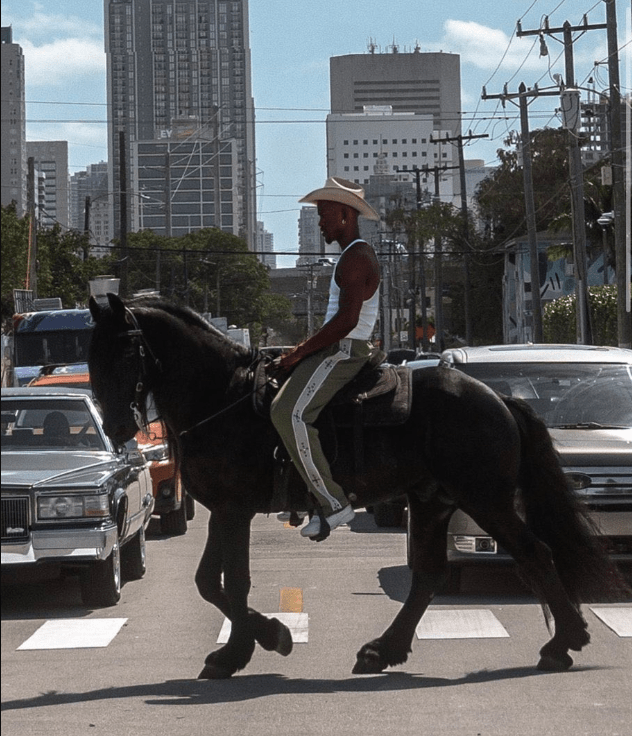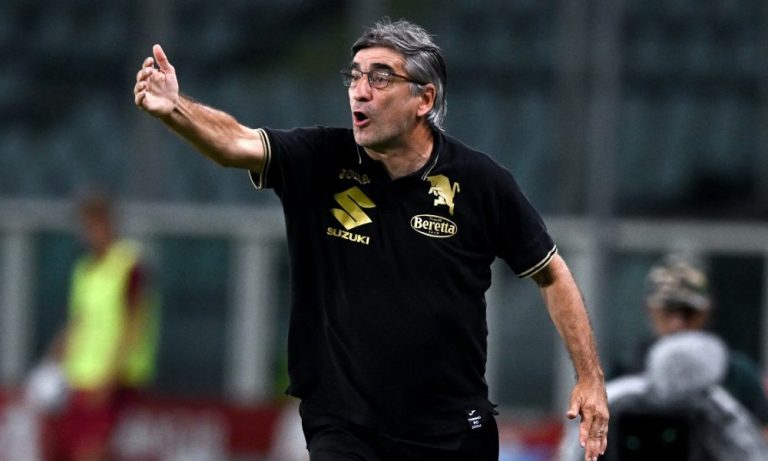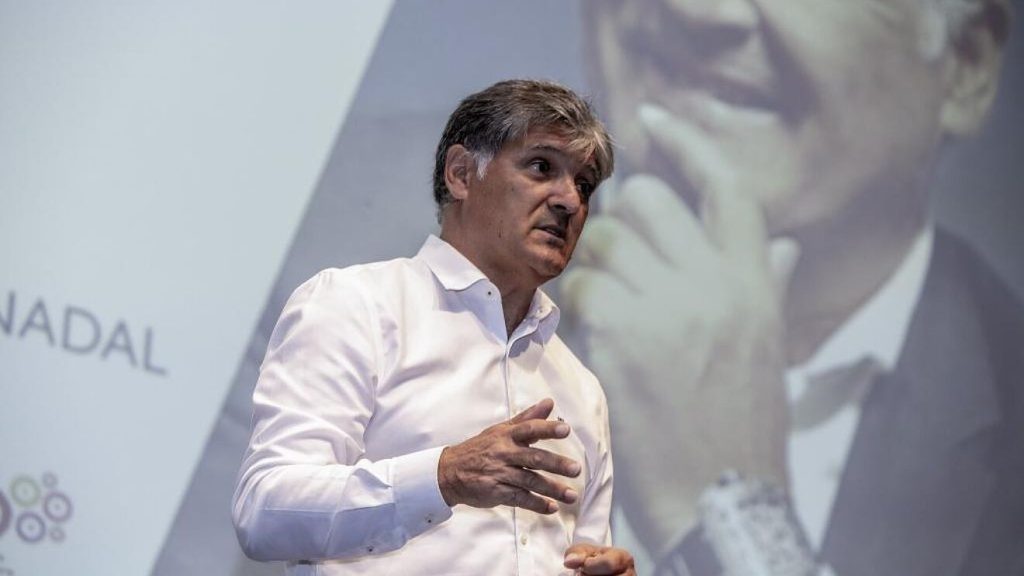
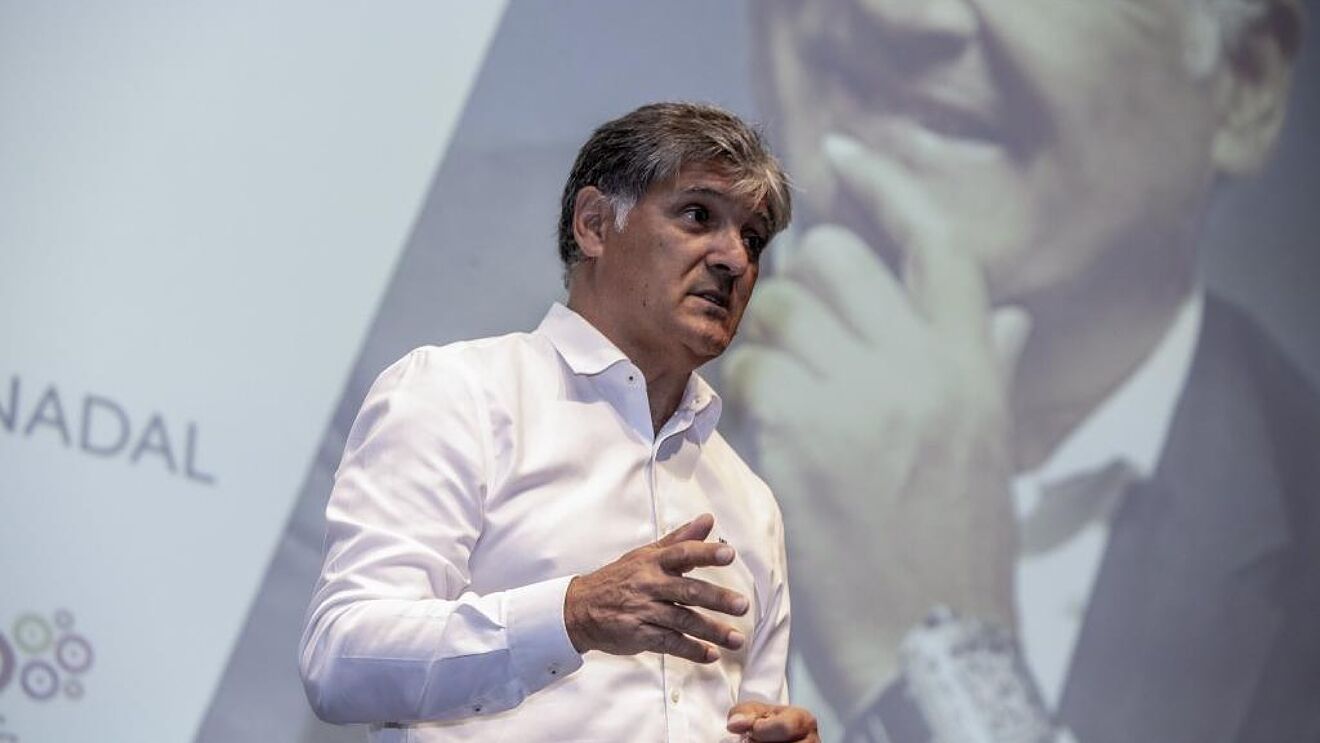
Attacking Djokovic at high speed by opening corners frequently is a suicidal tactic and cost Tsitsipas defeat in the last Australian Open final. This is Toni Nadal’s opinion in an article published in the Iberian newspaper El Pais, of which tennis’s most famous “uncle” has been a esteemed commentator for some time. Toni not only runs his nephew’s well-known academy in Mallorca, but also regularly comments on the most important facts of the Pro-Tour in the columns of the Madrider Zeitung. We cover his qualified opinion of the Melbourne final and how he instead opted with Rafa to face the Serb ahead of the 2013 US Open final, a match in which Novak was widely favored but in which the Spaniard triumphed.
“What Djokovic has achieved is as surprising as it is admirable,” writes Toni Nadal. “That he could do it for the tenth time (twenty-second in total) 15 years after the 2008 in which he won his first Major in Melbourne, and at such an impressive level of tennis, should amaze people alike around the world of tennis and all fans. He was virtually unplayable this edition, referencing a flawless tournament from start to finish. His game is undoubtedly the most complete of the entire circuit, allowing him to play both offensively and defensively. He is determined and fights to the death. In moments of extreme tension, he reacts with surprising composure. He impresses with his ambition and the resulting desire to keep improving.”
Here’s where he goes into how Tsitsipas tried to confront the Serb, in his opinion with a wrong approach. “While I acknowledge the tremendous difficulty of the confrontation and the few safeguards offered by any strategy to be employed, I believe his initial approach was wrong. In the first set, the Athens player wanted to face Novak with fast and aggressive shots, constantly changing the direction of his shots. With this behavior I believe it is impossible to beat the Balkans unless you are Roger Federer. Beating him at speed is an almost suicidal tacticas we saw in that quick first set where the Greek player seemed so confused, unable to cause trouble for his rival”.
Toni then recounts an anecdote from 2013 when his nephew challenged Rafael Novak in New York and defeated him in the final despite playing on plastic. “I remember the day before the final with Djokovic US Open 2013the doubts Rafael and I had and the decision we finally made. In order to beat him, we decided not to open the corners too much or change direction quickly and instead play more in the middle. Increasing the opening of the field, long runs and speed in the rallies could only provoke an even more aggressive, relentless and almost definitive response from Djokovic. So we thought about playing slower, in midfield and with conviction to pursue this exhaustion tactic. Luckily for us, Rafael won, but I remember that final as one of the toughest my nephew has ever played.”
“Uncle” Toni’s point of view is interesting. In fact, despite an offensive tennis, Tsitsipas does not have the advantage of Roger Federer, who, thanks to his extremely fast seasons, has often beat Djokovic despite a certain age difference, pushing him to the top in epic battles at the Grand Slams in favor of the Serbian. However, it’s also true to say that Djokovic’s incredible defensive skills and resilience on the pitch from the game’s severe slowdown might have been just as superior as Stefanos’s. Whichever way you look at it, the game remained too difficult a wall for the Greek to overcome given his resources and the exceptional quality (and form) of his very strong opponent.
Marco Mazzoni

